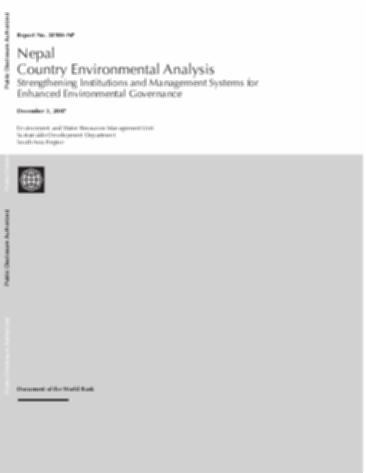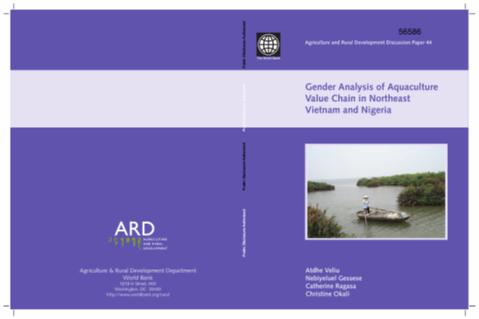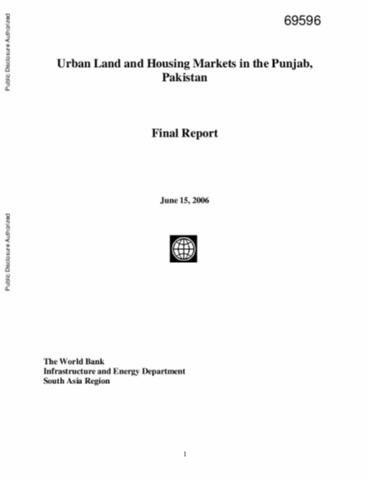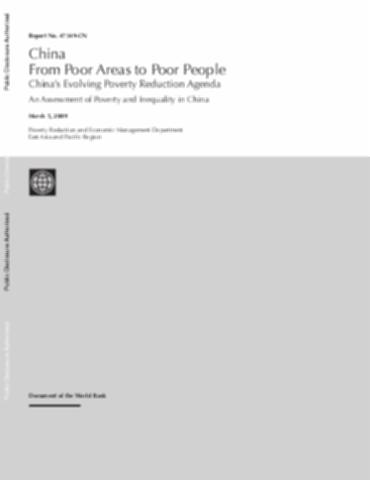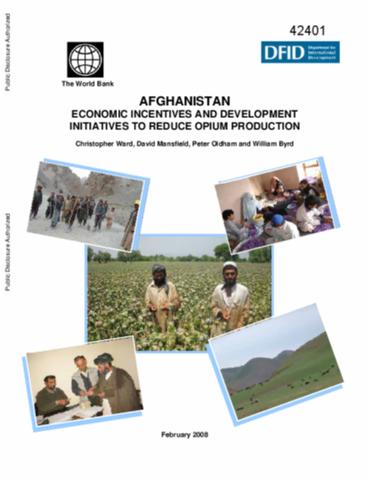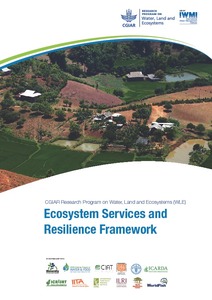Nepal - Country Environmental Analysis : Strengthening Institutions and Management Systems for Enhanced Environmental Governance
The main objective of the Country Environmental Analysis (CEA) in Nepal is to identify opportunities for enhancing the overall performance of select environmental management systems through improvements in the effectiveness of institutions, policies, and processes.

